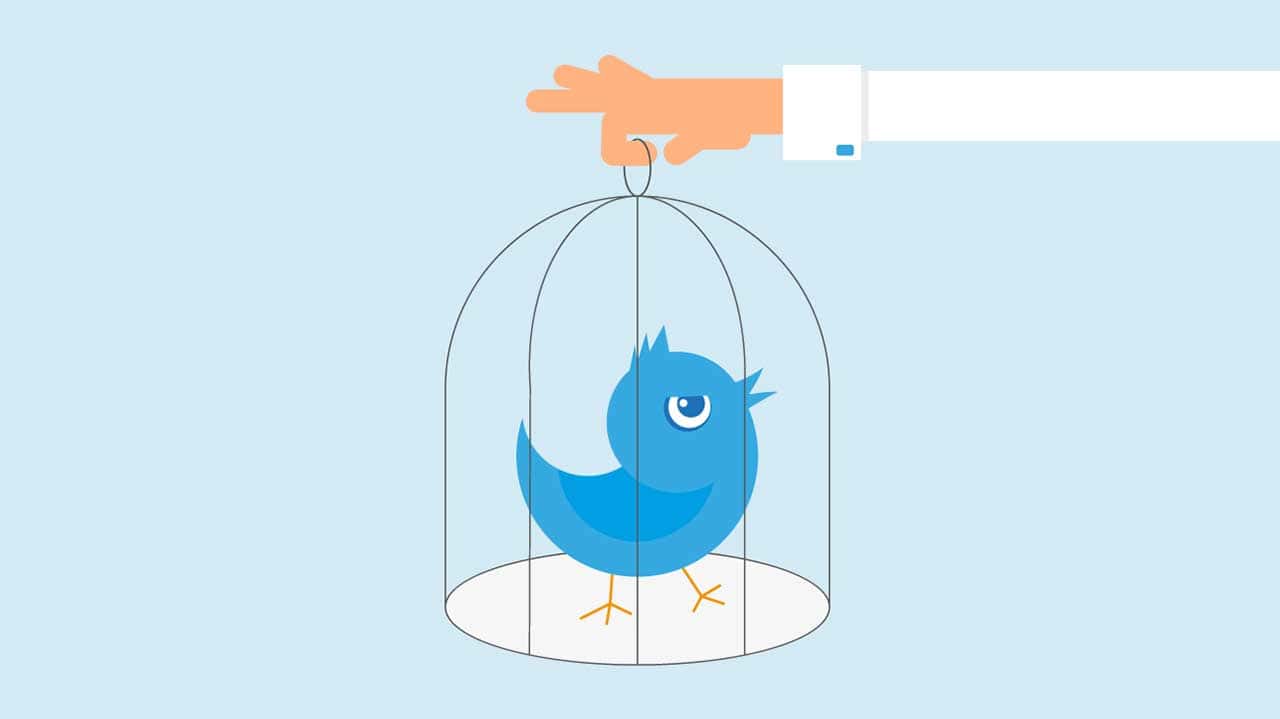Will history repeat itself with Musk's push to make Twitter a haven for free speech?
4 min. read
Published on
Read our disclosure page to find out how can you help MSPoweruser sustain the editorial team Read more

The world’s richest man, Elon Musk’s bid to acquire Twitter for $44 billion has succeeded and now, he aims to make the platform a haven for “free speech.” This has stirred alarm for some users and experts, wondering if all efforts taken in the past years to promote “healthy conversations” on Twitter will be undone with the new turn of events.
“Health conversations” on the platform is among the four key focuses that was laid out by Twitter co-founder and then-CEO Jack Dorsey, saying that it would propel the company’s growth. Since then, Twitter has taken significant strides to achieve this goal, such as adding detail (like age, disability, and disease) to ban dehumanizing speech and putting labels on misleading information, among others.
The platform had been seen as an industry leader in handling inappropriate content. For instance, it was the first major platform to ban Trump for policy violation on inciting violence, which inspired other platforms to do the same. It was also the first to adopt the “report abuse” button after the barrage of threats received by U.K. member of parliament Stella Creasy on the platform for supporting a feminist advocate.
However, some worry that this progress could be reversed by Musk’s promotion of free speech on Twitter. At a TED conference, Musk said, “If in doubt, let the speech exist.” He also said he would be more hesitant about deleting things and “very cautious” in imposing permanent bans.
Free speech sounds good, but free speech for whom? Leslie Miley, a former engineering manager who began Twitter’s product safety and security team, said that when Musk said that he wanted free speech, what he really wanted was for him and people like him to say whatever they wanted without accountability because when somebody says the free speech, it always means freedom for people in power. Sara Ashley O’Brien and Clare Duffy pointed this out, as well, indicating that Musk’s experience as a white, ultrarich man with 83 million followers is very much unlike the experiences of regular users, especially the marginalized sectors, including the women whom the platform was trying to protect with its content moderation.
Lifting or easing content moderation could make the platform toxic for people of color, women, and other marginalized sectors. Twitter has been working to promote responsible media through its moderation systems and hires in the area of machine learning ethics. Musk’s desire to change this implies that his focus is on irresponsible social media, said Kirsten Martin, professor of Technology Ethics at the University of Notre Dame.
However, what could be the potential consequences of these planned directions for Twitter? First, this could alienate employees who have taken strides in improving the content moderation on the platform. Further, it could also lose some users and turn off some advertisers who might be cautious in running their ads along with harmful or violent content over the fear of boycott.
Although Musk claims that his bid for the platform is not a way to make money, the deal remains a business, and the main revenue drivers are the advertisements. That unmoderated and violent content is bad for business has been proven by businesses. For instance, in 2017, brands and publishers were none too happy with Google’s Youtube when their ads appeared with videos that promoted terrorism and antisemitism. With the company’s threats to pull out their advertising dollars, Google immediately granted advertisers more control over programmatic buys.
There were also predictions of its potential influence on politics. For instance, Joan Donovan, research director at Harvard’s Shorenstein Center on Media, Politics and Public Policy, posted on Twitter that if Musk acquires Twitter, he will certainly return Trump to the platform, which could open the door for Trump’s 2024 run. However, Trump said he preferred to stay in his own TRUTH Social even. Donovan also worried that the plans for free speech could turn the platform into a terrain of culture wars.









User forum
0 messages